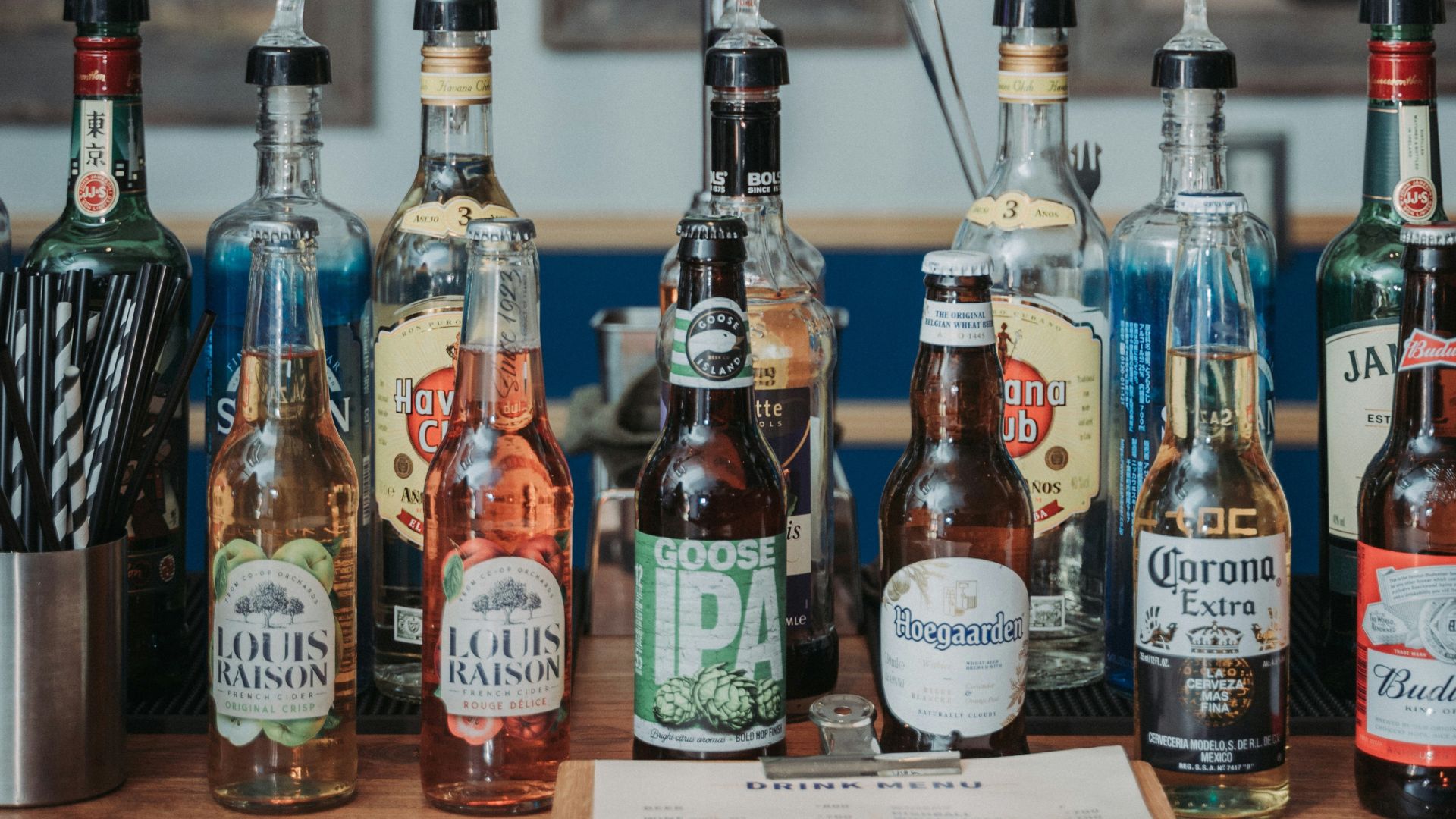A recent report from the World Health Organization (WHO) shows that roughly 4.7 percent of deaths worldwide were caused by alcohol consumption. Now, many experts are asking why alcohol use is so common in society today.
The report analyzed causes of death across 145 countries in 2019 to determine just how prevalent this problem is.
The Report

A close look at deaths caused by alcohol and psychoactive drug usage in 2019 determined that the rates of these deaths have decreased overall since 2019 but remain “unacceptably high.”
WHO officials confirmed that deaths linked only to alcohol remain about 4.7 percent worldwide.
Hotspots

There are a few places around the world where alcohol use and abuse is higher than others.
For instance, young people aged 20 to 39, as well as people living in Europe and Africa, made up the biggest proportion of alcohol-related deaths. Also, more men than women, 2 million vs 0.6 million, died because of alcohol use.
Too Many Young People Are Harming Themselves

The report also noted a worrying statistic about the amount of alcohol use in young people. Namely, a quarter of all 15 to 19-year-olds drank alcohol.
The highest rates of drinking in young people also remain in Europe and Africa, where the legal drinking age is much lower and socially acceptable in young teens. The WHO says that 38 percent of drinkers reported heavy episodic drinking on more than one occasion in the preceding month.
Alcohol Use Disorders Are Common

According to the report, alcohol use disorders are increasingly common across the globe. More than 400 million people suffer from abuse and addiction to alcohol, with more than 209 million of these stating that they have a dependency issue.
Unfortunately, despite the prevalence of alcohol abuse and dependency issues, the researchers also note that there is not nearly enough widespread knowledge, discussion, or treatments available to help the problem. In fact, almost half of the countries analyzed did not offer any support groups of substance use disorders at all.
Stigma Is a Leading Cause of Death

Unfortunately, one of the biggest issues of getting clean or reaching out for help is the negative social perception of abuse and addiction.
“Stigma, discrimination and misconceptions about the efficacy of treatment contribute to these critical gaps in treatment provision, as well as the continued low prioritization of substance use disorders by health and development agencies,” the authors write.
Addiction Is a Disease

The Mayo Clinic notes that substance use disorders like alcohol addiction are a clinical disease, and the person suffering from it will usually need help from an outside source to stop the cycle of addiction.
Addiction affects a person’s brain and behavior, which leads to the inability to have control over the substance in question. The most common addictions are alcohol, tobacco, and illegal drugs.
Alcohol Causes Cancer

In the past few decades, scientists have worked diligently to determine the exact cause of many common cancers. Breakthroughs in recent years have shown just how food and drinks have a strong effect on lifelong cancer diagnoses.
High alcohol use was already a known cause of liver cancer, but recent studies also prove that the substance can be a source of colorectal and heart cancers as well.
No Amount of Alcohol Is Safe

Several studies have disproven that things like a glass of red wine per day are heart-healthy or that casual binge drinking doesn’t have any effect on long-term health.
It’s now understood that no amount of alcohol is beneficial for your health. Also, even light consumption can have long-term detrimental effects on the body and the mind.
Common Diseases Caused by Alcohol

Some of the common diseases attributed to alcohol use are non-communicable diseases, such as cardiovascular disease, cancers, cirrhosis of the liver, diabetes, epilepsy, and pancreatitis.
Also, some communicable diseases (caused by a virus or bacteria) are lower respiratory infections and tuberculosis. Injuries that result from light or heavy alcohol use can include violence or self-harm, unintentional injuries like drowning, fire, heat, or transportation-related death.
The Deaths Are Preventable

Lancet Editor Richard Horton notes that, “We now understand that alcohol is one of the major causes of death in the world today. We need to act now. We need to act urgently to prevent these millions of deaths. And we can.”
Another study concluded similar issues with young people ages 15 to 49 in European and Middle Eastern countries dying from heavy alcohol use. Almost all of these deaths could have been avoided.
How To Avoid Alcohol Misuse

Alcohol remains an active and pervasive facet of our society. From champagne drinks at a wedding to casual happy-hour drinks with co-workers, it can seem almost impossible to avoid drinking.
Experts now that everyone cutting out alcohol is not likely. However, they do suggest being mindful about alcohol consumption, counting drinks, managing triggers if they exist, and getting help when the urge to drink becomes constant or overwhelming.








































